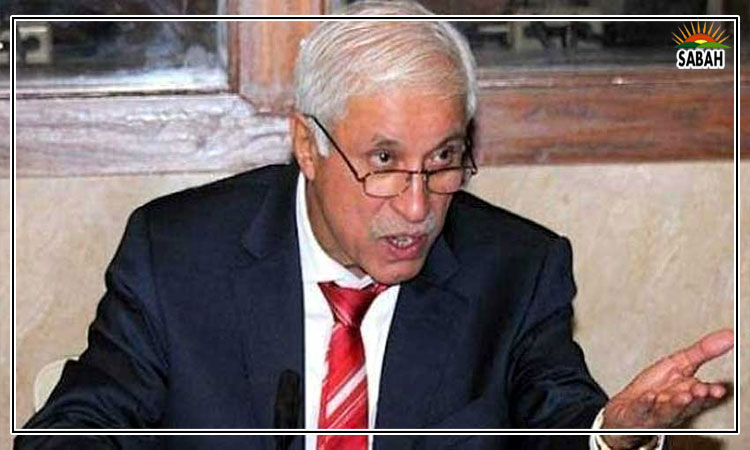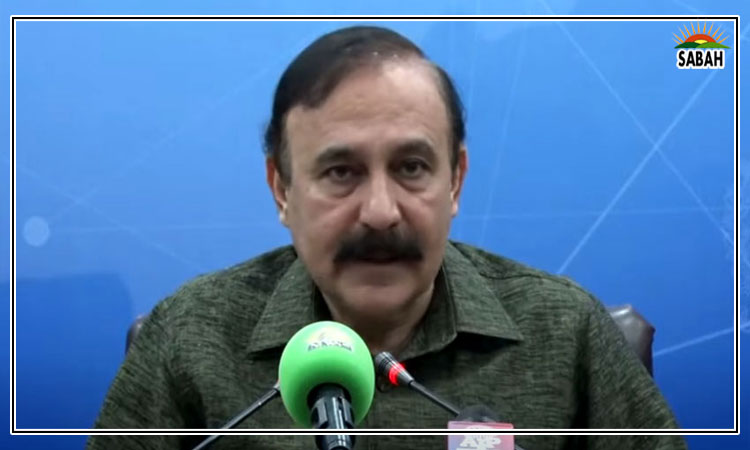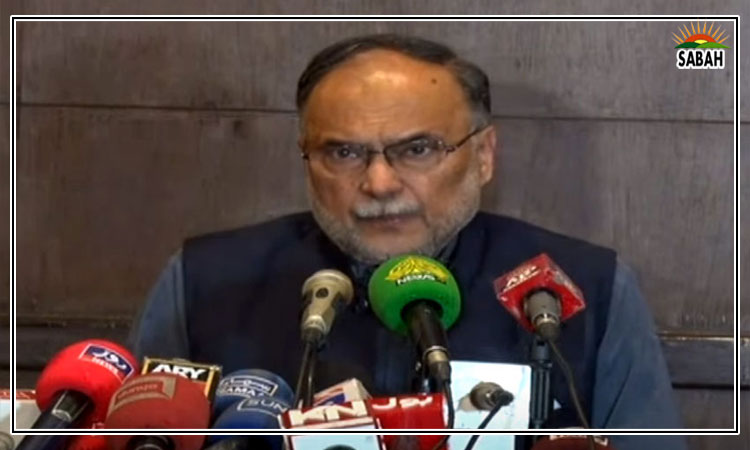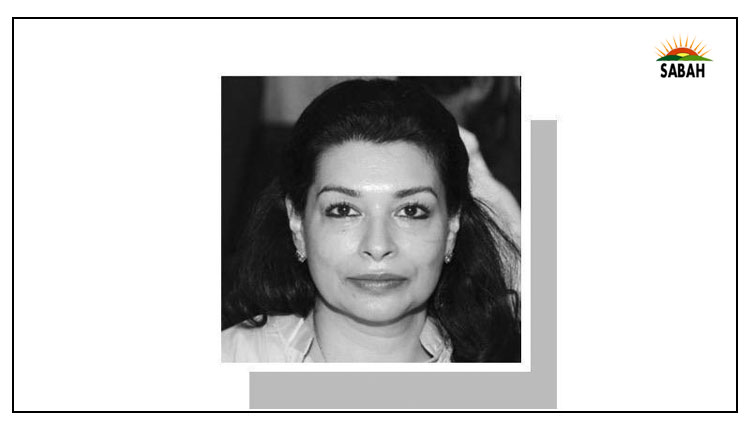Ides of March…Ghazi Salahuddin
Beware the Ides of March. This well-known quotation was, we know, the warning given to Julius Caesar, in Shakespeares play, by a soothsayer. It referred to a date: March 15. This was when Julius Caesar was assassinated. But I am invoking it in a general sense on the last day of the month because it is often used as a warning on other occasions and in different situations.
We have had so many warnings and omens, including by fortune tellers, during this month of March. And this week, in particular, has reverberated with momentous developments. What was lit with lighting on the horizon, in a sense, was just a letter penned by six judges of the Islamabad High Court.
But so much more is happening on other fronts that is of crucial importance in the context of our national sense of direction. For instance, on the day the letter written to the members of the Supreme Judicial Council by the IHC judges Tuesday was made public, five Chinese engineers and their Pakistani driver were killed in a suicide attack in Bisham.
It is, thus, not very easy to make sense of what is really going on because you dont see enough when you look at the activities that are taking place on the surface. After all, there is considerable focus on the intelligence agencies that forever operate in the shadows.
What do, then, the stars foretell? It would not be rational to look into a crystal ball, though our politicians are known to be superstitious. In fact, the leader who has built a large, cult following is supposed to have used such superstition etc in his politics. There are many very interesting stories in this context. In India, astrology influences politics a lot.
Be that as it may, we had the lunar eclipse on Monday and a total solar eclipse will take place on April 8, though both will not be visible in Pakistan. But we do not need astrologers to tell us that the times are bad. It is not just Pakistan. We live in a dangerous world. The heart-rending tragedy of Gaza has continued for almost six months. Talking about the maladies of this March, there was this terror attack on a concert hall in Moscow last week in which 137 lives were lost.
In Pakistan, there is an overwhelming concern for what the six judges have called interference on the part of intelligence operatives. There is little surprise in what the six judges have said in their letter. We have a history of how such allegations have seemingly affected the conduct of our judiciary. Yet, it is in the present circumstances that this brave and unprecedented initiative of six of the ten judges of the IHC has so shaken the country and has led to an immediate response by the Supreme Court and the government.
Among many questions that have been raised in a divided, deeply polarized polity, one that is pertinent is that no feathers were ruffled when former IHC judge Shaukat Aziz Siddiqui had made a similar allegation, even naming names, in a speech at the Rawalpindi Bar Association in 2018. Actually, he was dismissed by the Supreme Judicial Council in October 2018.
It so happens that it was only last week during the present month of March when the Supreme Court set aside the dismissal of the IHC judge with the announcement of its reserved judgment. Shaukat Aziz Siddiqui had challenged the decision of the SJC.
With his recent vindication, the former judge had the opportunity to tell his story in the aftermath of Tuesdays explosive revelations by the six IHC judges. He recalled how had to suffer literally a social boycott within the legal community after he had made accusations of court proceedings being influenced.
What a strange coincidence it is that it was also during this month of March, which is ending with the resolve to investigate the concerns of the six IHC judges, that the Supreme Court expressed its opinion about a judgment that is generally seen as a mark of infamy in our judicial history.
In the first week of March, the Supreme Court said that former prime minister Zulfikar Ali Bhutto was not given a fair trial. The nine-member SC bench had heard the presidential reference seeking to revisit the death sentence awarded to the founder of the PPP. It happened 44 years after the judicial murder of a former prime minister and 12 years after the presidential reference was filed.
Because of the passion it has aroused, I was distracted by the issue of the interference in the judicial process by our security agencies but the Bisham suicide attack and other major acts of terror against strategic targets are also of great significance. Chinese investigators are in Pakistan to join the probe into the Bisham attack, which has led to the suspension of work on the Dasu dam.
At a different level, the overall law and order situation in the country has worsened in these days of prayers and piety. It is hard to believe that all the forces of the state are unable to capture the dacoits that operate in the kutcha areas along the Indus River in northern Sindh.
With all this happening all around, I have a story that exemplifies the state of Pakistani society in its lower depths. In a village in Toba Tek Singh, an unmarried girl was choked to death by her own brother, in connivance with her father. Another brother made a video of the murder, which became viral on social media.
It is alleged that the girl was subjected to incest by her brother and father and they decided to kill her when she became pregnant. Her body was exhumed for autopsy and investigations are continuing.
This was March, but the irony is that March is universally a festive month, marking the beginning of spring. This year, several religious festivals have been held. But for the believers: what is there to celebrate?
Courtesy The News












